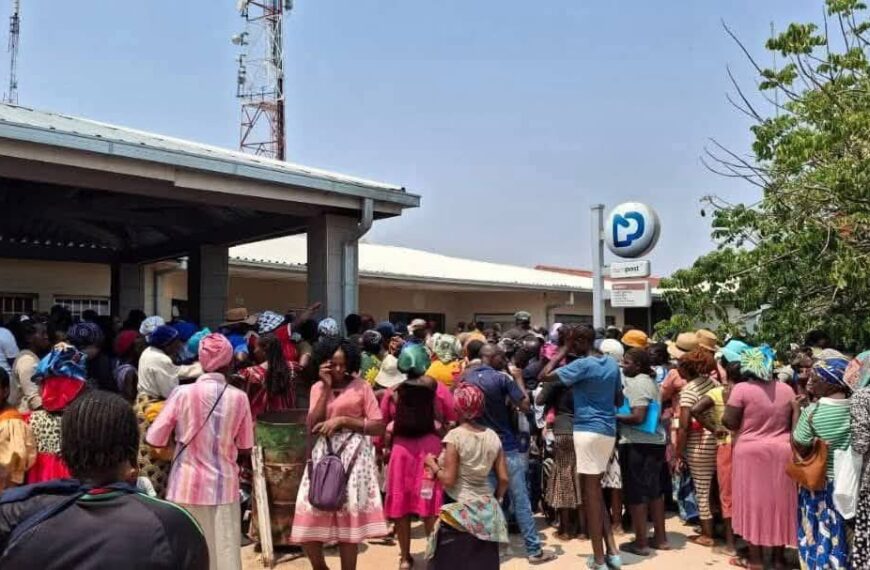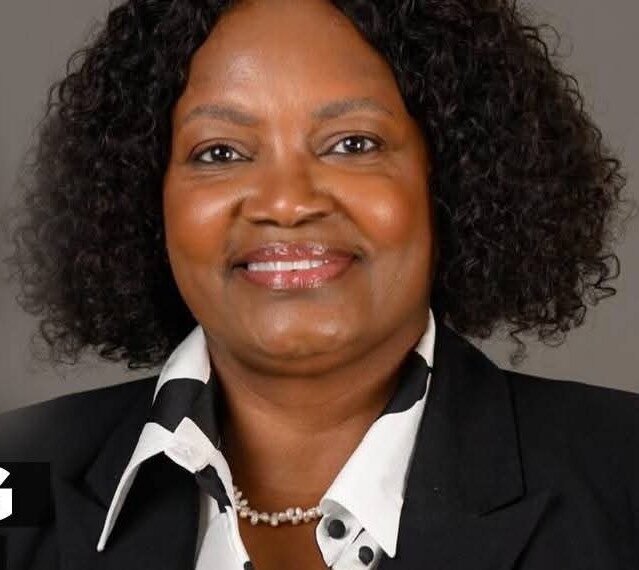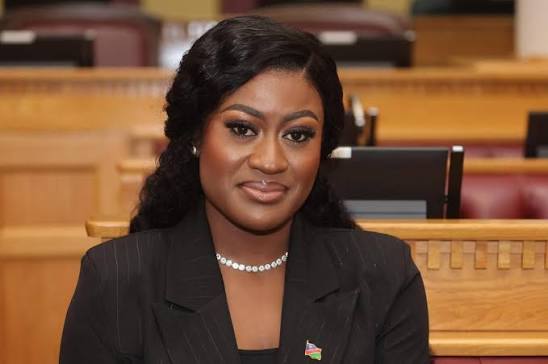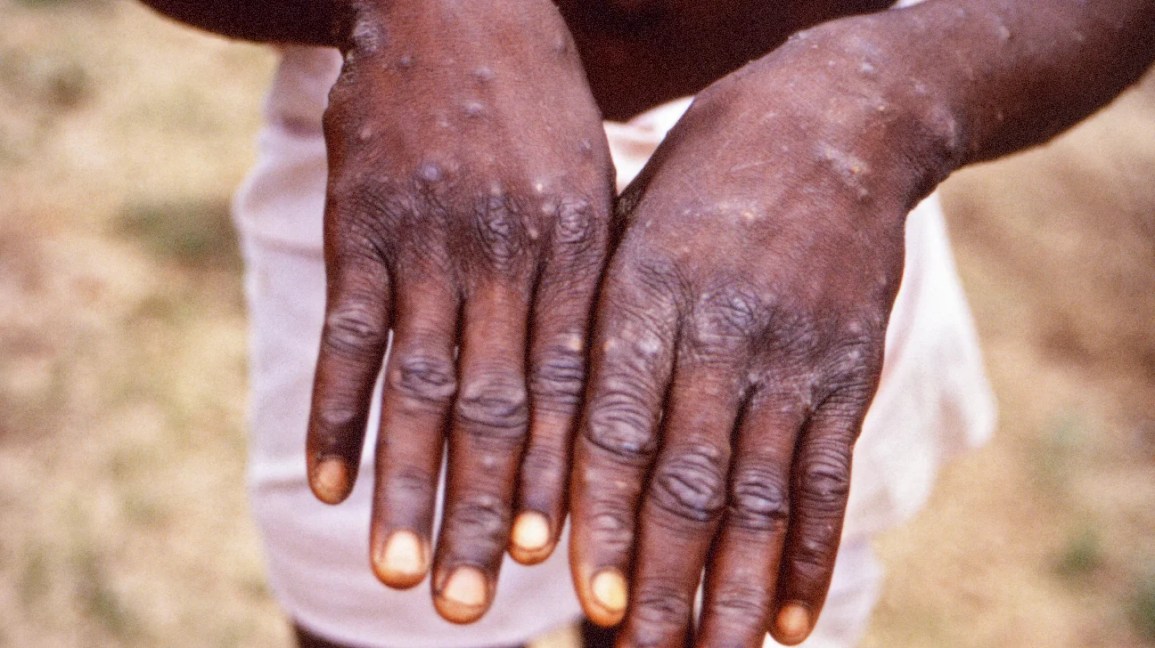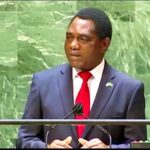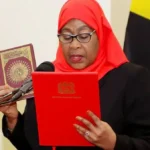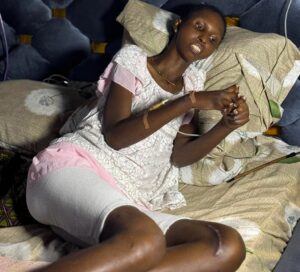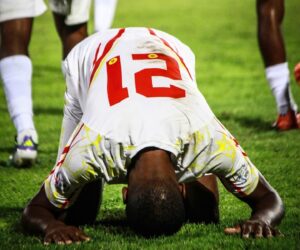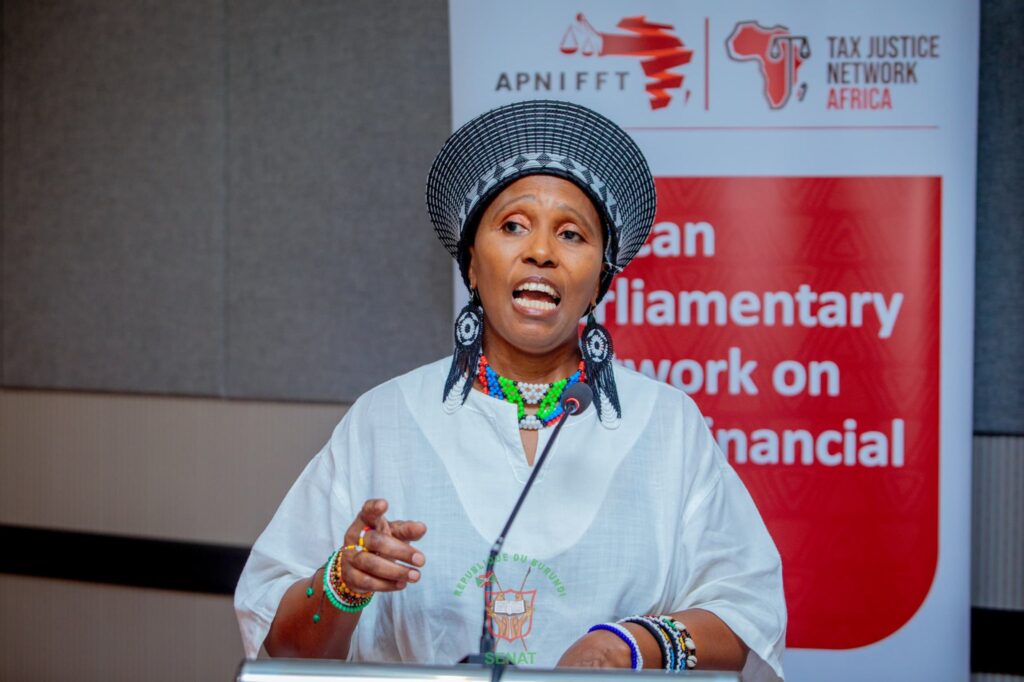
South African academic and politician Dr. Khanyisile Litchfield-Tshabalala has come under fire in Germany after being accused of making antisemitic remarks during a keynote address at an international restitution and reparations conference.
The incident took place on 25 January during the “Rising from the Ashes” congress hosted in Berlin by the Haus der Kulturen der Welt (HKW) in partnership with the Goethe-Institut London. Litchfield-Tshabalala, who is known for her work on social justice and illicit financial flows in Africa, was invited to contribute to discussions on historical accountability and restitution. However, organisers say her presentation strayed from the assigned theme and included “antisemitic and historical-revisionist conspiracy theories.”
Following the speech, both HKW and the Goethe-Institut condemned her remarks and announced that all cooperation with her had been terminated. They stressed that her comments were incompatible with the principles of human dignity, justice, and inclusive dialogue that the institutions stand for.
The controversy comes against the backdrop of renewed debate about Germany’s colonial past in Namibia. Between 1904 and 1908, German colonial forces carried out massacres of the Herero and Nama people, an atrocity widely recognised as the first genocide of the 20th century. In 2021, Germany formally acknowledged its responsibility and pledged €1.1 billion in development support to Namibia over three decades. However, Berlin stopped short of calling this package reparations, framing it instead as a gesture of reconciliation.
This approach has drawn criticism within Namibia, particularly from descendants of the affected communities, who argue that genuine reparations and land restitution remain essential for meaningful justice. In May this year, Namibia marked its first Genocide Remembrance Day, with President Netumbo Nandi-Ndaitwah urging Germany to go beyond symbolic recognition and provide direct reparations. Legal challenges against the 2021 agreement are also ongoing in Namibia’s courts.
Against this sensitive historical backdrop, Litchfield-Tshabalala’s intervention in Berlin has intensified the debate about how Germany confronts its colonial legacy. While German cultural institutions have distanced themselves from her comments, the controversy highlights the deep fractures that persist in discussions about reparations, historical responsibility, and reconciliation more than a century after the genocide.



